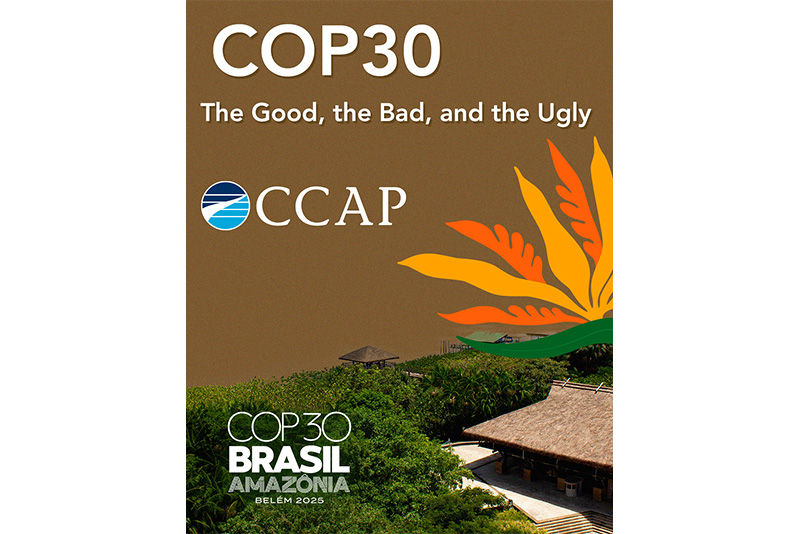Mexico Advances Leadership Climate Regulations
- Pablo Lopez Legarreta
- Jul 29, 2018
- 2 min read
Updated: Jan 28, 2021
Even as the US aims to backtrack on its climate commitments, the rest of the world continues to move forward. The latest success comes from Mexico.
Consistent with the commitment that the Mexican Government signed in the North American Leaders Summit in 2016 of reducing 40 to 45% of their methane emissions from the hydrocarbon sector by 2025, the Agency for Safety, Energy and Environment (ASEA) has made public a draft regulation that will require oil companies to install a range of low-cost and well-understood technological solutions that will foster compliance with this target. The specific action entailed the proposal of General Administrative Dispositions, or DACGs.
These DACGs will set the stage for facilities currently operating in Mexico to set their own targets and produce detailed plans to reduce their methane emissions in upstream and midstream operations, providing clear technological options to achieve them. With a focus on improving operational processes and equipment in accordance with international best practices, the implementation of these DACGs will be technically and economically feasible. New facilities will have to comply with the selected practices and technologies to ensure operation to high environmental standards.
CCAP and CATF have supported Mexican officials by sharing international best practices in the sector, and providing a forum for regulators from Canada and the US at a federal level, and Colorado, California and Alberta at a subnational level, to explain their experiences reducing methane. This has allowed Mexican regulators to learn from past experiences and consider successful approaches while crafting a regulation that applies these lessons to the National context. After three successful workshops and a many hours spent in this Regulatory Support Program, we are very pleased with the comprehensive program put forward by the Mexican government.
Mexico’s leadership regulation demonstrates a path that other countries can take to reap the cost-effective opportunities available in the oil and gas sector towards meeting the country’s NDC. In fact, with many economically feasible measures to mitigate greenhouse gas emissions, the oil and gas sector offers low-hanging fruit in the race to limit global warming to 1.5 degrees.
The draft (that can be accessed -in Spanish- here) will now go into a period of public consultation before being made official before the end of the year. We encourage civil society and all people interested to review the draft and submit any comments before the deadline of August 27.





شيخ روحاني
رقم شيخ روحاني
الشيخ الروحاني
الشيخ الروحاني
شيخ روحاني سعودي
رقم شيخ روحاني
شيخ روحاني مضمون
Berlinintim
Berlin Intim
جلب الحبيب
https://www.eljnoub.com/
https://hurenberlin.com/